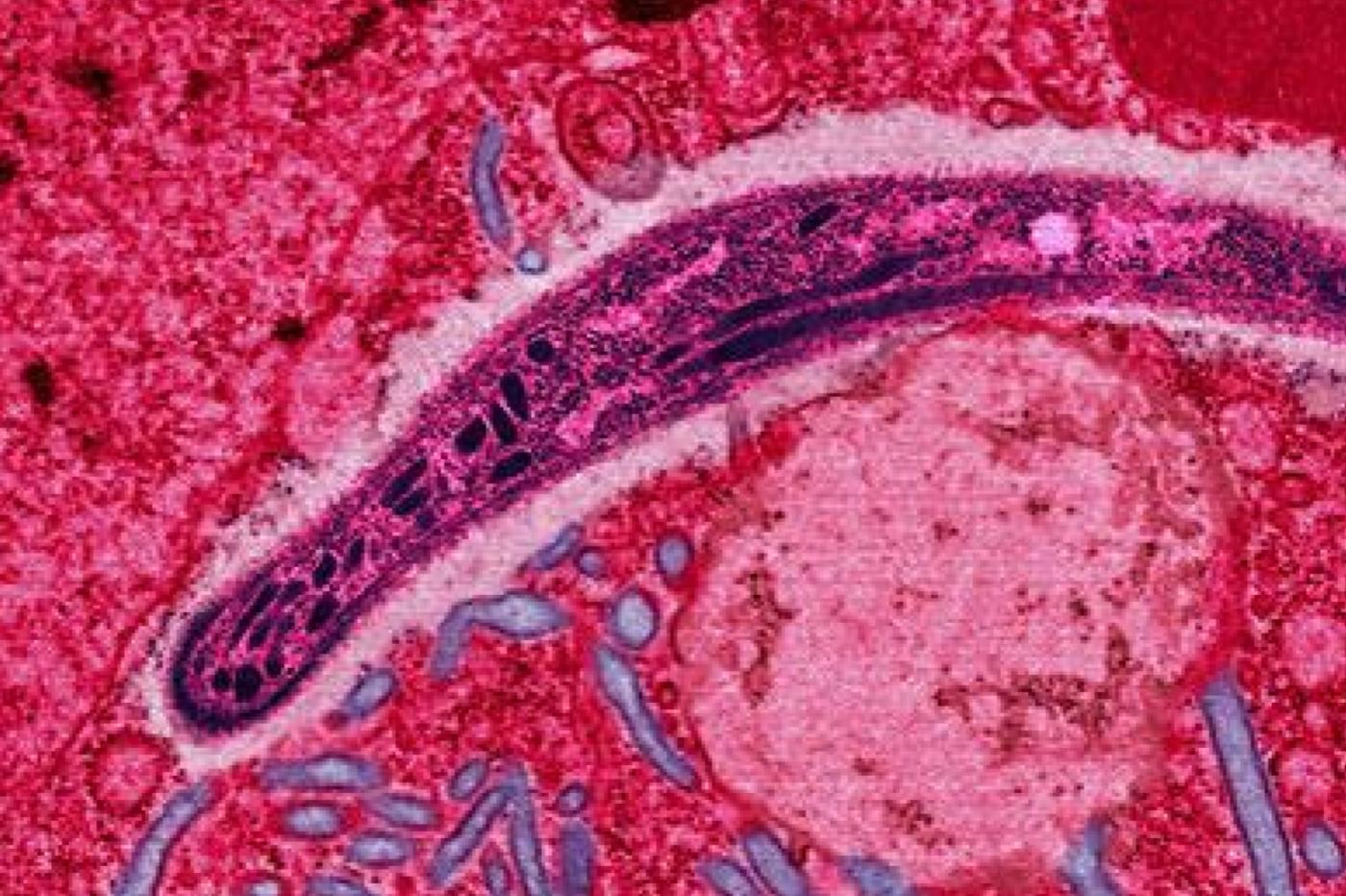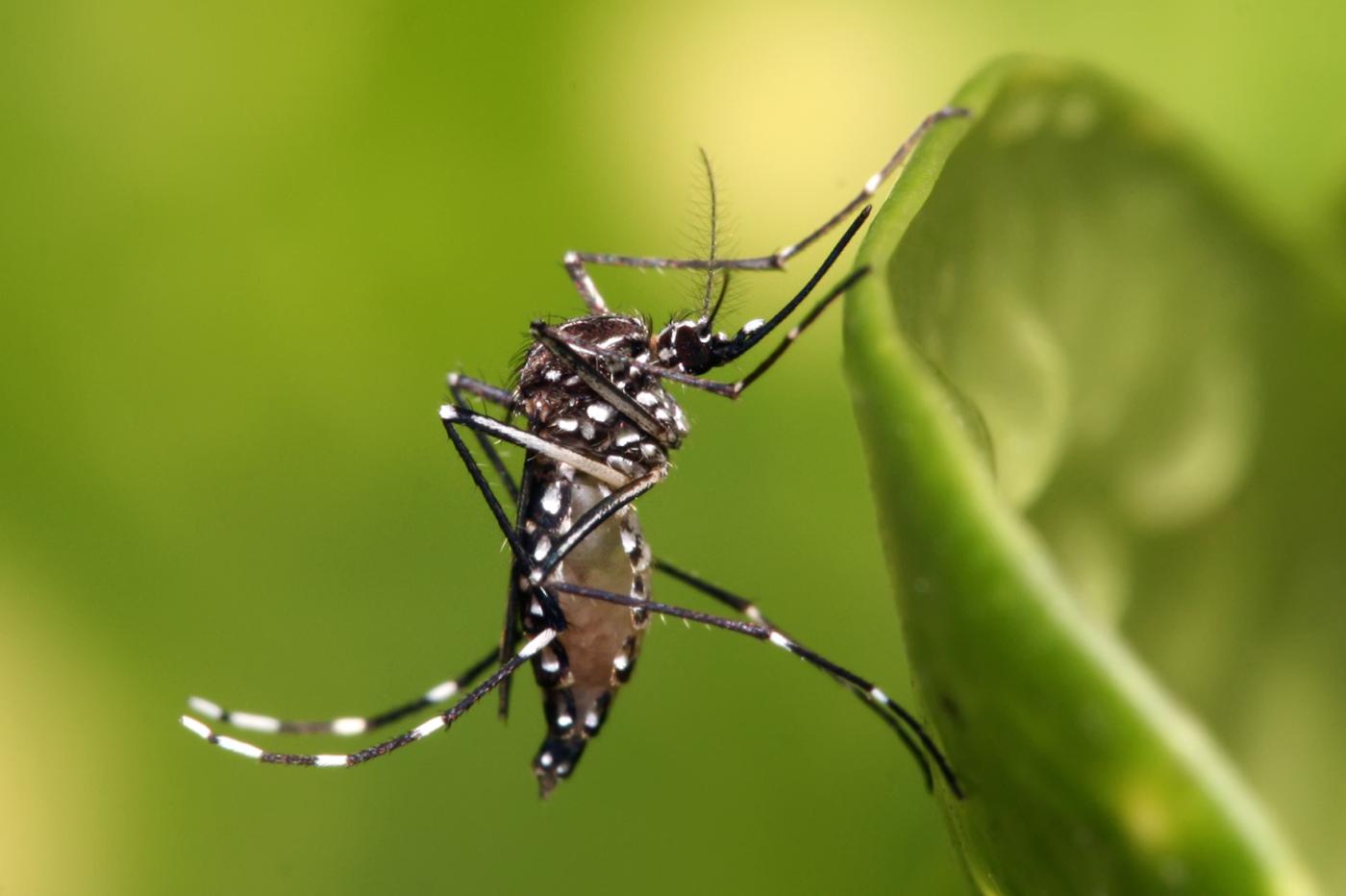Excellent news, especially for the inhabitants of tropical regions where these mosquitoes carry dangerous pathogens.
Spring is finally here, to the delight of lovers of walks and picnics in the great outdoors. But like every year, it also marks the return of a few undesirables that we could do without, starting with those pesky mosquitoes. And American researchers have just identified a mechanism that could explain their propensity to ruin our barbecues.
A team from Princeton University was particularly interested in a species called Aedes aegypti. It is a particularly problematic little beast since it can carry a whole cocktail of pathogens such as malaria, the Zika arbovirus, dengue or yellow fever. And it turns out that in a few decades, this species has evolved to target a single species almost exclusively: we !
From the point of view of biologists, this is a very interesting transition. This indeed suggests that in order to survive depending on a single species, they had to develop incredibly precise targeting strategies that researchers have tried to understand. Their ultimate goal: to determine precisely the mechanisms that allow mosquitoes to spot humans.
“We more or less delved into the brains of mosquitoes to ask them: what do you smell? What activates your neurons, what lights up differently in your brain when you smell a human??”, summarizes Carolyn McBride, professor of evolutionary biology, ecology and neurosciences at Princeton University. “
A scent-based treasure hunt
To achieve this, the researchers developed a very visual approach. They produced a genetically modified strain of mosquitoes whose nerve structures selectively light up when activated. They then put these mosquitoes in contact with animal odors, including human ones, to try to see this mechanism more clearly using an imaging system specially designed for the occasion.
The problem is that there are as many human smells as there are people. And for good reason: this smell comes from a very complex cocktail of dozens of organic compounds. However, not one of them is of interest to mosquitoes on its own. The researchers therefore deduced that the mosquitoes reacted to a very particular combination. But how to find it?
Without any initial leads, they had no choice but to proceed empirically. They started by collecting smells from rats, guinea pigs, quails, sheep and dogs. But for humans, it was more complicated; harvesting a “pure” human scent is less obvious than it seems. Indeed, the majority of us regularly use scented hygiene products. Even clothing can significantly alter this smell.
Some volunteers therefore had to give of themselves. “We asked them not to shower for several days, to undress, then to lie down in a large Teflon bag.”, laughs Jessica Zung, member of the research team. They then had to develop a system that allowed them to extract and isolate these odors.

A surprisingly simple process
It still remained to determine precisely which compounds are likely to make mosquitoes react. The researchers therefore spent many months subjecting the mosquitoes to lots of combinations of the different compounds identified during the collection. They then cross-referenced the results to determine the most effective markers.
The researchers expected to discover a very sophisticated tracking system. But the process they identified surprised them with its simplicity, since it is apparently based on just two very specific organic compounds: undecanal and decanal, an aldehyde also found in buckwheat, coriander essential oil… or the famous Chanel No. 5! On good terms…
The other point that surprised the researchers is the reaction caused by these compounds in the nervous system. The “brain” of mosquitoes is a structure made up of about 60 substructures called glomeruli. The researchers expected that the majority of these glomeruli are involved in hunting humans, since this is a vital activity for these mosquitoes; there are actually only… of them.
“When I first saw this brain activity, I couldn’t believe it”, explains Zhilei Zhao, a doctoral student who played a central role in this study. “There were only two glomeruli involved, which contradicts all our expectations. It’s amazing that this system is so simple”, she wonders.

The door is open to very concrete solutions
This discovery will potentially have considerable consequences, some of which are very concrete. Because this work was carried out on mosquitoes known to be vectors of very problematic diseases. Now that researchers have found the chemical compounds that attract them the most, it opens the door to a whole host of countermeasures to combat this public health plague. It would suffice, for example, to use it for to lure into a deadly trap.
We can also imagine repellents that would specifically block this signal, thus preventing mosquitoes from spotting humans by scent. This is a solution that is even more interesting. Because even if they are painful, mosquitoes remain key players in many ecosystems.
For example, many birds or spiders depend directly on mosquitoes because they represent a significant part of their diet. Ideally, it is therefore better to try to keep them away rather than eradicate them, because this could sign the beginning of a catastrophic chain reaction for certain ecological niches.
Ultimately, it will also be very interesting to extend this work to other species. This will initially allow us to see if the mechanism is reserved for these specialized human hunters, or if it is on the contrary universal in all mosquitoes. If necessary, it would then be possible to develop a simple, harmless and ecosystem-friendly solution to avoid serving as a traveling buffet. Good news for fishing and picnic enthusiasts… but especially for all the populations of the tropical zones whose life can change completely because of a simple mosquito bite.
The text of the study is available here.
